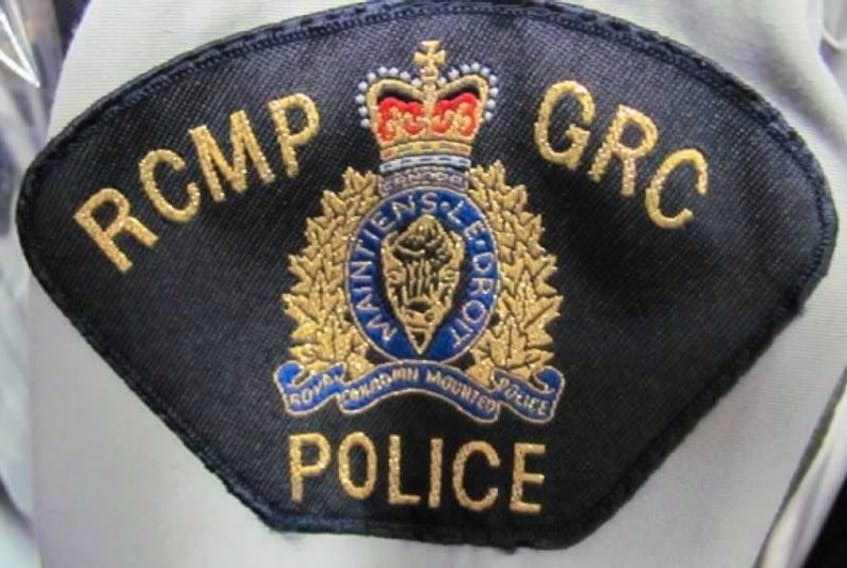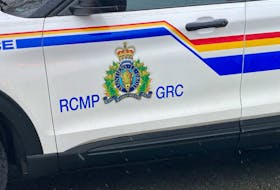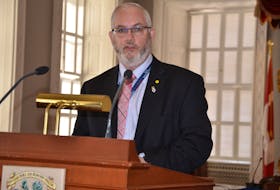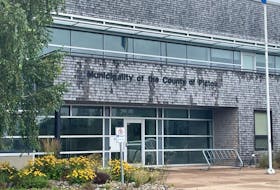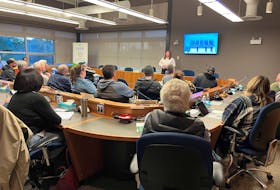According to Cpl. Jennifer Clarke, Media Relations Officer for the Nova Scotia RCMP, the device first went off at 9:30 p.m. April 30 on a lake in Digby County.
She said four female kayakers were traveling together and became distressed. Clarke wasn’t able to provide information why, but speculated a lack of daylight could have played a role.
The beacon’s signal provided police with the name and GPS coordinates of the owner. Digby RCMP responded with the help of Local Ground Search and Rescue teams and people from the Department of Natural Resources.
The RCMP said the land search was hindered by poor conditions on an unspecified logging road around 70 kilometres south of the Command Post at Southville Fire Hall on Langford Road in Weymouth. The post was used as a command centre for Ground Search and Rescue.
The group was able to get within 12 kilometres of the beacon’s signal before calling the Joint Rescue Coordination Centre (JRCC) in Halifax for air support.
According to a release, the people were located by a Royal Canadian Air Force, 413 Search and Rescue Squadron Cormorant helicopter based in Greenwood and were assessed by Search and Rescue technicians.
One woman was brought to hospital for injuries caused by exposure. The other three weren’t injured. Names are not being released.
Clarke said the beacon device proved invaluable in this case and that such devices are useful because they use satellite, rather than cellular, signals. This device was similar to the SPOT device, which is popular among many rural adventurers.
“It’s a dedicated beacon and they have their own call centre. The beacon is registered to the person, and it keeps going off and locating them,” she said.
“It’s especially useful in rural areas, such as this instance, when people can be hard to reach.”

